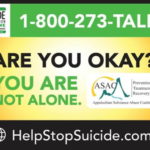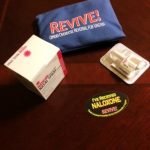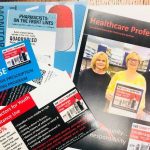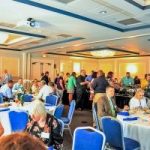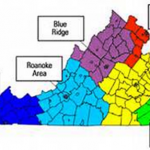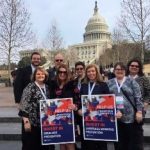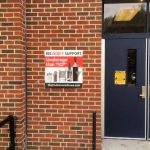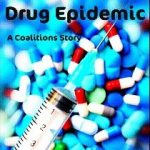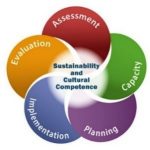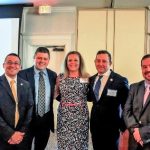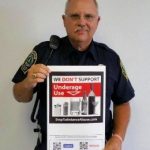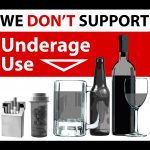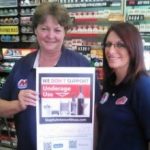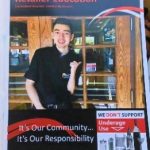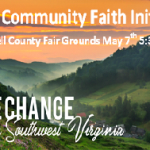ASAC: Appalachian Substance Abuse Coalition for prevention Treatment & Recovery
The Appalachian Substance Abuse Coalition’s mission is to inform and engage our communities to understand, own, and address the epidemic of substance abuse and misuse. The vision of the coalition is to have safe, healthy, and prosperous communities with effective prevention, treatment, recovery, and support resources. ASAC is an umbrella Coalition that serves as a consortium of ten substance abuse coalitions throughout the Southwest region representing the counties of Bland, Buchanan, Carroll, Dickenson, Grayson , Lee, Russell, Scott, Smyth, Tazewell, Washington, Wise, Wythe and the cities of Bristol, Galax, and Norton.
Coalition Membership
The ASAC Coalition has worked collaboratively for over fourteen years involving a variety of stakeholders such as members representing following community sectors:
- Youth
- Parent
- Business Media
- School
- Youth Serving Organization
- Law Enforcement
- Religious organization
- Civic Organization
- Healthcare Professional
- State/local/tribal government
- Other Organization involved in reducing Substance Abuse and Mental Health
ASAC has built its capacity of membership to over 200 individuals through strategic planning and training events. Each coalition member is invested in the areas of prevention, treatment, and recovery. ASAC’s Membership includes representatives from community service boards, faith based organizations, and social services, and the health care, higher education, schools, law enforcement, law makers, recovery communities and concerned citizens . ASAC serves as a consortium of ten substance abuse coalitions throughout the Southwest region. Project partners are involved in the needs assessment process including the primary stakeholders who administered the process such as collecting data, analyzing data, and reporting data.
Strategic Planning
ASAC evolves and operates through strategic planning to assess and implement strategies which address the substance use problem in SW Virginia. ASAC follows SAMHSA’s Strategic Prevention Framework (SPF) planning process for preventing substance use and misuse. The effectiveness of the SPF begins with a clear understanding of community needs and involves community members in all stages of the planning process. The SPF planning process is data driven, requires a team approach and focuses on a population-level of change. Having the SPF system in place insures that efforts towards OUD reach all ages.

